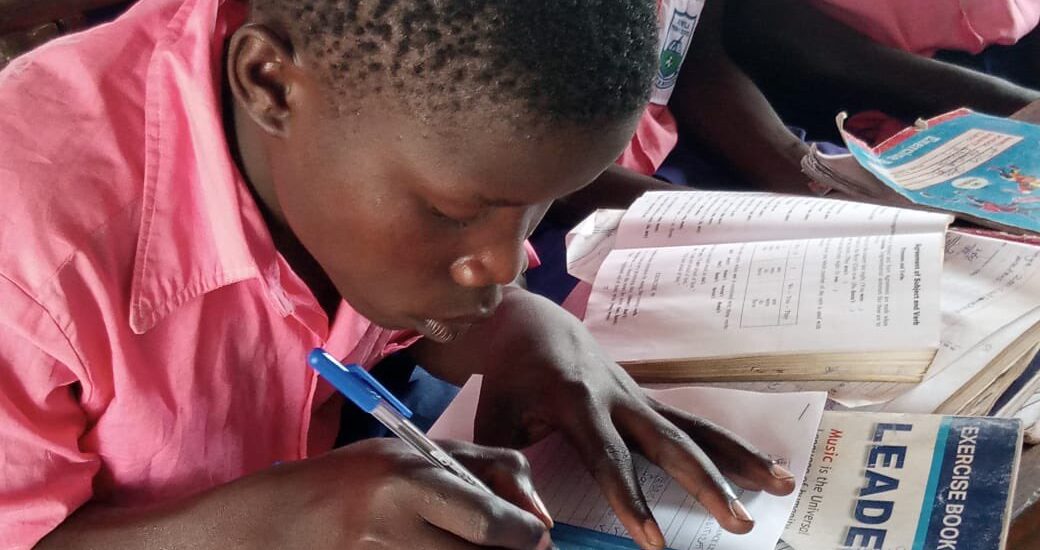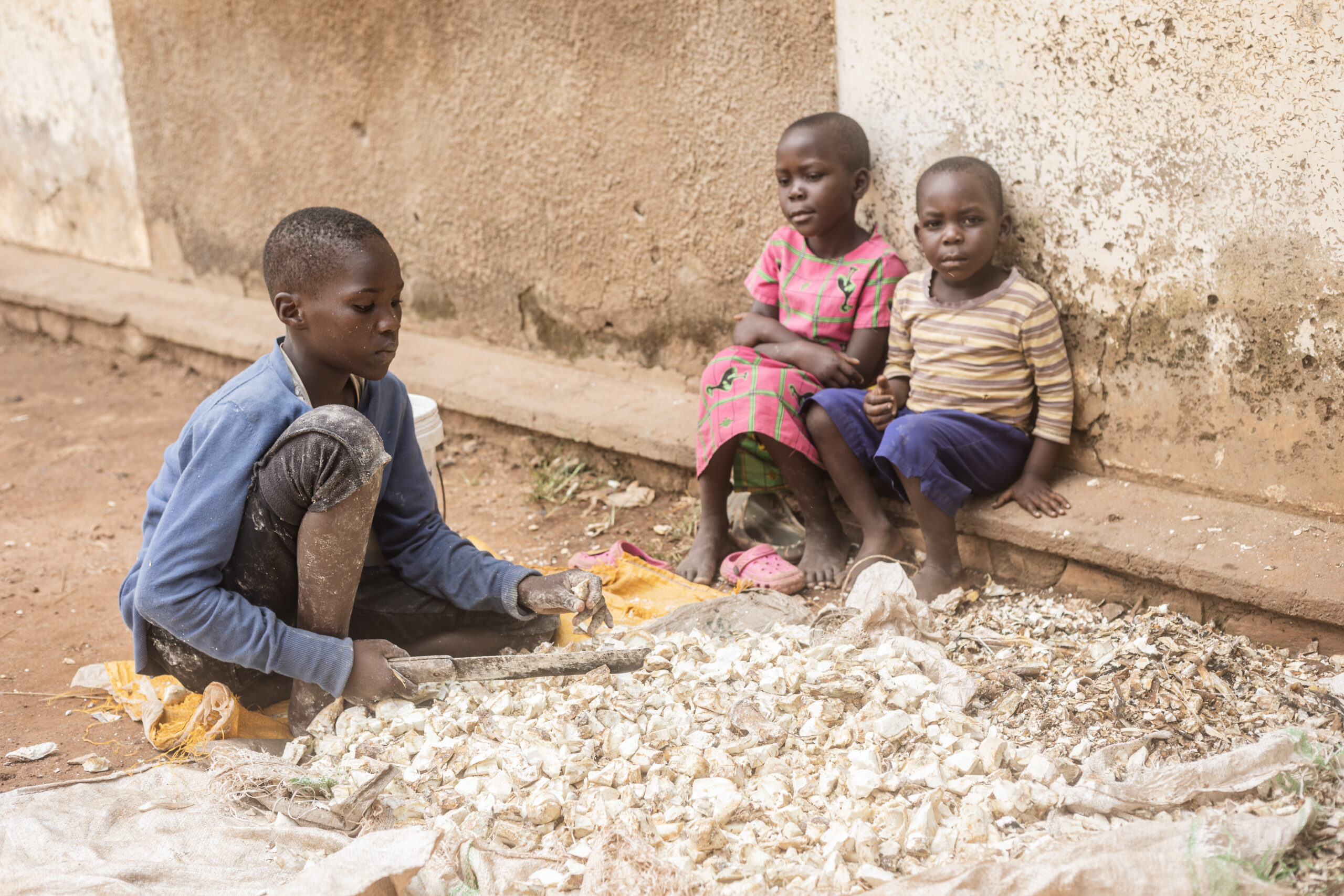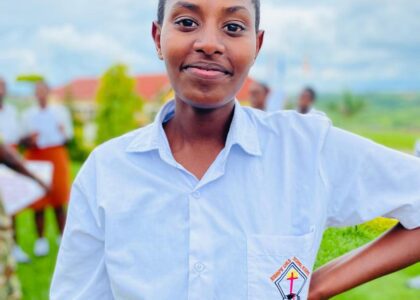In Uganda, 8.9 million girls
aged 10–19, especially those that live in the rural areas, and among the less
educated and low income households are at risk of harmful practices, including
child marriage and female genital mutilation.(UNICEF 2019)
The COVID-19 pandemic is having a profound impact on the
everyday lives of girls and the enjoyment of their human rights. Empirical
literature and theory on the drivers of child marriage, as well as anecdotal
evidence from a number of countries, allow to conclude that the risk of child
marriage increased in the context of the COVID-19 pandemic and its
consequences. In particular, the economic impact on families and societies,
school closures and interruptions in services addressed to girls, are
threatening progress and putting millions of girls at risk of child marriage,
as illustrated in a recent UNICEF
report.
Child marriage is a painful
reality for far too many girls in Uganda. Driven by the scourge of family
poverty and norms that favor boys over girls, child marriage renders girls less
likely to complete their education and more likely to experience gender-based
violence. Unfortunately, many of the girls who are most at risk for child
marriage are often those who are hardest to reach.
Child marriage affects all
aspects of a child’s life and is a violation of their rights. The practice
exposes girls to health risks associated with adolescent/early pregnancies,
HIV/AIDS, sexually transmitted diseases, which negatively impact on their
physical and psychological wellbeing. More often, infants born to adolescent
mothers have a higher risk of being born premature, dying soon after birth or
having a low birth weight, which subsequently affect the infants’ health,
physical and cognitive development.
Keeping all girls in school is one of the best ways of preventing
child marriage. At the same time, child marriage remains a significant barrier
to girls’ access to quality education. Whatever the reason for a girl dropping
out of school, once married it is often very difficult for her to return.
Access to quality education gives
girls choices and opportunities in life, allowing them to play an active role
in their communities and break the cycle of poverty. Girls who are married are
unlikely to be in school. Education, including comprehensive sexuality
education, is essential for girls to be able to make informed decisions about
their sexual health and well-being.
Although many non-governmental
organizations, community-based organizations, civil society organizations,
local leaders, religious, cultural and political leaders, activists, and human
rights defenders have come out to speak about child marriage and advocate for
the rights of girl child education more effort is still needed through
community sensitization to change the mindset and negative attitudes of parents
towards girl child education and their rights.
What needs to be done
Ending child marriage is not
easy: it requires work across all sectors and at all levels. We must be able to
understand the complex drivers behind the practice in different contexts and
adapt our programs and measures accordingly.
Fighting child marriage requires
well targeted financial investments and knowing how to invest them with
programs that can vary from community to community.
With the strongly held belief
that collective Action is needed to end Child Marriage, a practice that robs
millions of Girls of their human rights, Joy for Children led the creation
& serves as the co-chair of the 109 member Ugandan National Alliance to End
Child Marriage. As a member of Girls Not Brides global, The National Alliance a
key partner to the Uganda government in implementing the National Strategy to
End Child Marriages and Teenage Pregnancy (2014/2015 -2019/2020) and continues
to adapt the new strategy i.e. 2022/2023- 2026/2027
As a top priority of Joy for
Children, advocacy efforts have focused on petitioning Parliament to consider
the effects of child marriage: condemning a girl to continue to live in
poverty, often denying her an education, & increasing maternal & child
health risks ~ all outcomes that not only affect the individual girl but
prevent Uganda from advancing on reaching key Sustainable Development Goals.
Joy for Children works closely
with communities to change common beliefs, practices and traditions that force,
coerce, sell or otherwise compel girls to enter into marriage.






